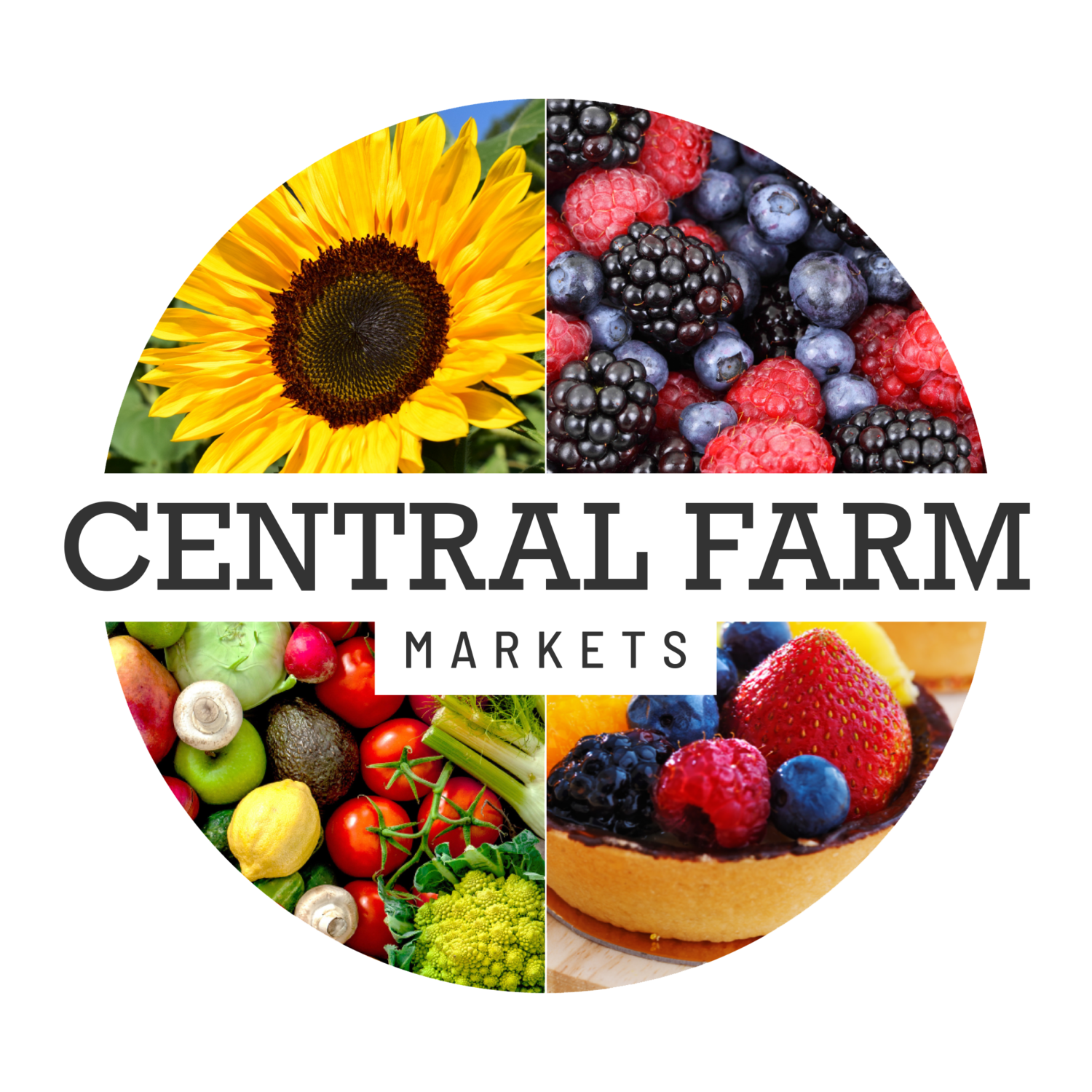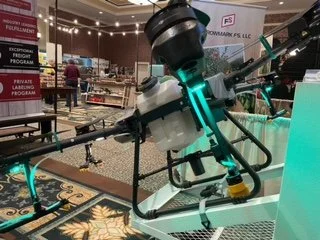Farming in the Future
There’s so much talk in the news these days about artificial intelligence, machine learning, and robotics. Debates are contending that the singularity—when computers overtake the abilities of the human brain—has already occurred despite it’s prediction for arriving by 2029. I’ve read a lot of science fiction, but never imagined seeing AI-controlled robots in my lifetime. Sure, there’s the rise of self-checkouts, digital payment processing, the Internet, EZ Pass, Roombas and smart phones, but farming?
There’s an old adage that says, “If you’re not fixing something, you’re not farming.” That’s fairly accurate. Most of the farmers I know (including myself) wear an assortment of hats other than that of farmer. We’re also carpenters, welders, electricians, mechanics, plumbers, heavy equipment operators, veterinarians, accountants, webmasters, and truck drivers, to name a few.
But the future is creeping into farming in lots of places and farmers, for the most part, are welcoming it.
Climb into the cab of any new tractor today and you’ll find that most can be programmed to operate off of GPS coordinates using GIS data about the property. Cows are routinely milked by robotic milkers. Automated watering systems detect soil moisture and turn on when specific thresholds are met.
My inbox is full of companies asking me to try their app to manage my livestock, my inventory, or my farmers market sales with the promises that their product will save me both time and money. Little do they know my last corporate job before farming fulltime was testing and reviewing enterprise-class computer and network security products. I always find the bugs. The last one was a group of programmers building specialized industry apps as a service. It took all of two minutes on the phone to realize none of them had a clue about farming, they just wanted to build something to sell to farmers.
This week was the Mid-Atlantic Fruit & Vegetable Convention. While I didn’t attend not being a produce producer many of my friends and fellow farmers were there. The gadget that caught their attention and landed on social media was the drone that could carry 20 gallons of liquid and apply it using GPS to zero in on exact areas or specific trees. One caption read, “The robots are coming for the tractors!” I thought, “Oh, to have a robot that would plow the driveway when it snows or set out round bales in sub-freezing temperatures!”
The truth in all this technology is raising food is still a very much hands-on vocation. Having cameras and audio in the barn during lambing and kidding season sounds nice, but there’s something about a midnight barn check in the stillness of a cold winter night where the clear sky reveals stars, planets, and galaxies. One gadget that did catch my eye was the automated grazing control system in which a pair of robots moved an electric fence forward across the pasture. As much as I love this idea, I’ve worked with livestock long enough to know critters are curious. A fifty pound robot is no match for a 1,200 pound cow. Just ask any kid who has run their radio-controlled toy into the pasture only to have it trampled by angry and afraid critters.
It wasn’t only the drone images that got me thinking about AI this week. When farmers talk about AI, they’re usually referring to artificial insemination, but today I mean artificial intelligence. To see what the academics, journalists, and attorneys were ranting about I decided to log on to ChatGPT, a popular chatbot gaining attention. You can take the geek out of the office, but deep down I’m still a geek.
I asked a single question: why are farmers markets important? The response below was returned in less than five seconds. Pretty darn good for a machine. As a writer, AI just may put me out of a job, but as a farmer….I don’t think so, at least not anytime soon.
-------------------------------------------------------------------------
Farmers markets are an important part of the local economy for several reasons.
Firstly, farmers markets provide an opportunity for local farmers to sell their products directly to consumers. This eliminates the need for middlemen and allows farmers to receive a greater share of the profits for their products. This can be especially beneficial for small farmers who may not have the resources to sell their products through traditional retail channels.
Secondly, farmers markets help to support local agriculture. By buying products from local farmers, consumers are investing in the local economy and helping to ensure that local farmers can continue to grow and produce food. This not only helps to create jobs in the agricultural sector, but it also helps to promote sustainable farming practices and preserve open space.
Thirdly, farmers markets can help to revitalize local communities. They often serve as a gathering place for people to come together and connect with their neighbors. This can help to create a sense of community and foster a greater sense of pride in the local area. Additionally, farmers markets can help to attract visitors to a community, which can help to boost local businesses and the overall economy.
Fourthly, farmers markets offer a wide variety of locally grown and produced products, such as fruits, vegetables, meats, cheeses, breads, and more. This can help to promote a healthy diet and lifestyle for local residents, which in turn can help to reduce healthcare costs and improve overall health outcomes.
Lastly, farmers markets are a great way to promote local and sustainable food systems. These markets can serve as a model for how food can be produced, distributed, and consumed in a way that is good for farmers, consumers, and the environment.
Overall, farmers markets are an important part of the local economy. They provide opportunities for local farmers to sell their products, support local agriculture, revitalize local communities, promote healthy lifestyles, and help to promote sustainable food systems. By supporting farmers markets, consumers can help to ensure that local agriculture thrives and that the local economy remains strong.

